Related Research Articles
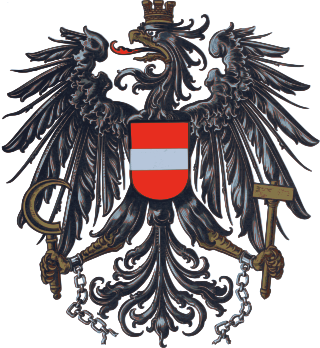
The current coat of arms of the Republic of Austria has been in use in its first forms by the First Republic of Austria since 1919. Between 1934 and the German annexation in 1938, the Federal State used a different coat of arms, which consisted of a double-headed eagle.

August Kopisch was a German poet and painter.
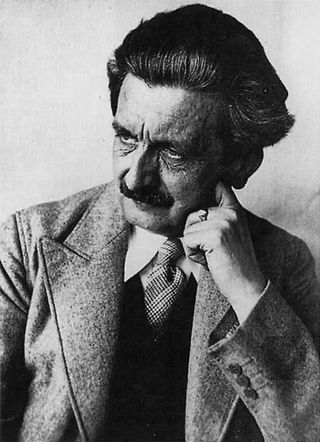
Gustav Adolf Franz Brand was a German writer, egoist anarchist, and pioneering campaigner for the acceptance of male bisexuality and homosexuality.
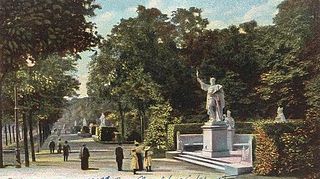
The Siegesallee was a broad boulevard in Berlin, Germany. In 1895, Kaiser Wilhelm II ordered and financed the expansion of an existing avenue, to be adorned with a variety of marble statues. Work was completed in 1901.

Johann Peter Theodor Janssen was a German historical painter.
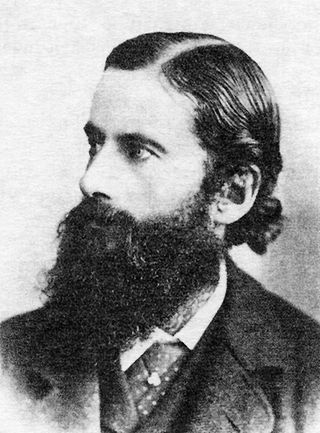
Benedict Friedlaender was a German Jewish sexologist, sociologist, economist, volcanologist, and physicist.
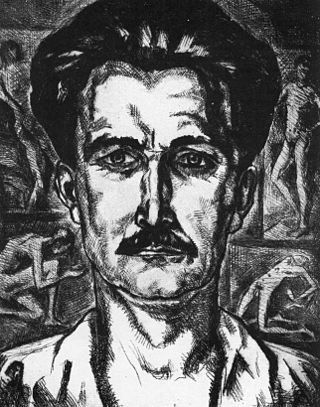
Der Eigene was the first gay journal in the world, published from 1896 to 1932 by Adolf Brand in Berlin. Brand contributed many poems and articles; other contributors included writers Benedict Friedlaender, Hanns Heinz Ewers, Erich Mühsam, Kurt Hiller, Ernst Burchard, John Henry Mackay, Theodor Lessing, Klaus Mann, and Thomas Mann, as well as artists Wilhelm von Gloeden, Fidus, and Sascha Schneider. The journal may have had an average of around 1500 subscribers per issue during its run, but the exact numbers are uncertain.

Reimar Oltmanns is a well-known journalist and author in Germany.

The Schwules Museum in Berlin, Germany, is a museum and research centre with collections focusing on LGBTQ+ history and culture. It opened in 1985 and it was the first museum in the world dedicated to gay history.
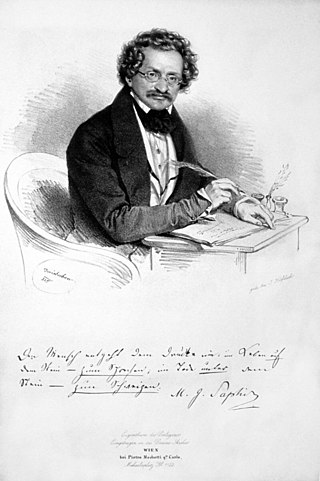
Moritz Gottlieb Saphir, born Moses Saphir was an Austrian-Jewish satirical writer and journalist.
This is a list of events in Lesbian, Gay, Bisexual, Transgender, Queer and Intersex (LGBTQ+) history in Germany.
Karl-Günther Heimsoth, also known as Karl-Guenter Heimsoth, was a German physician, polygraph, and politician. Heimsoth was a member of the Nazi Party and later the Communist Party of Germany.
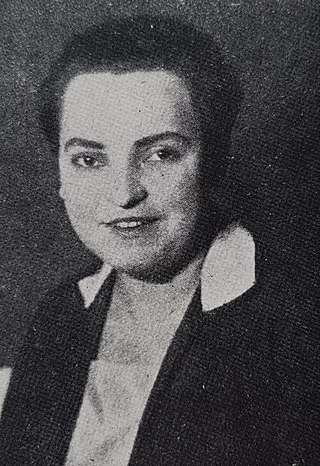
Selma "Selli" Engler was a leading activist of the lesbian movement in Berlin from about 1924 to 1931.

Veit Heinichen is a German novelist.
Ilko-Sascha Kowalczuk is a German historian and author. His work is focused on the German Democratic Republic and its Ministry for State Security.

Kerstin Griese is a German politician of the Social Democratic Party (SPD) who has been serving as a member of the German Bundestag since 2000.
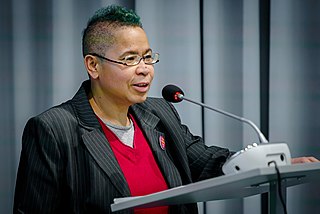
Peggy Piesche is a German literary and cultural scientist, works in adult education and works as a consultant for diversity, intersectionality and decoloniality in the Bundeszentrale für politische Bildung. Peggy Piesche is one of the most famous voices of Black women in Germany. Her identities also include lesbian.
Fred Kocks in Düsseldorf was a German landscape and figure painter, draughtsman and lithographer as well as curator, museum director and author.
The Neue Gemeinschaft was an anarchist, artistic commune run between 1900 and 1904 by the Heinrich and Julius Hart brothers and Gustav Landauer in the Berlin district of Schlachtensee, with the participation of politically active Lebensreformers, anarchists and artists.
Irene Stoehr was a German feminist historical social scientist and journalist. Her main research interests were the feminist movement and gender history in the 20th century.
References
- ↑ LeVay, Simon (1996). "Adolf Brand and the Gemeinschaft der Eigenen". Queer Science: The Use and Abuse of Research into Homosexuality . The MIT Press. doi:10.7551/mitpress/5726.001.0001. ISBN 978-0-262-27820-1.
- ↑ Adolf Brand, Die Gemeinschaft der Eigenen. Bund für Freundschaft un Freiheit. Satzung. (Berlin-Wilhelmshagen 1925), p. 2 and 23